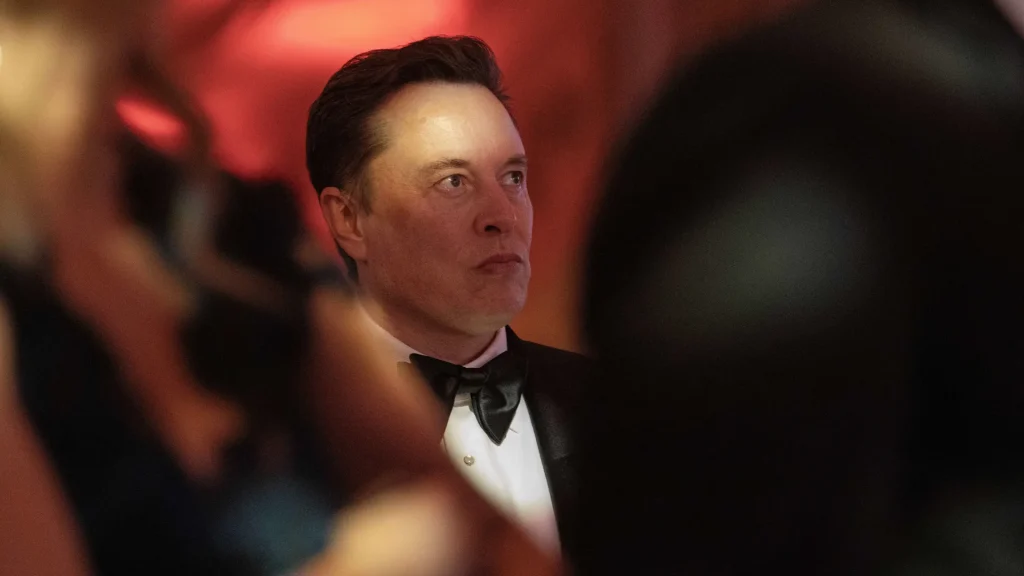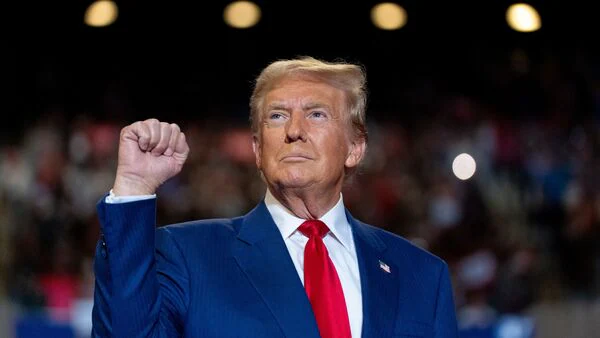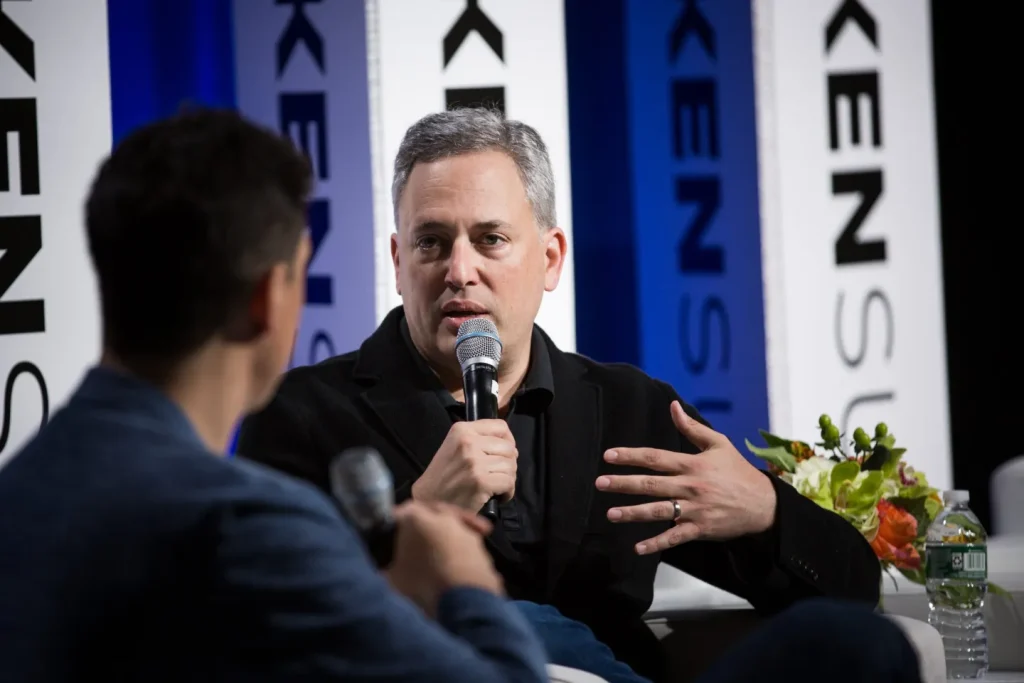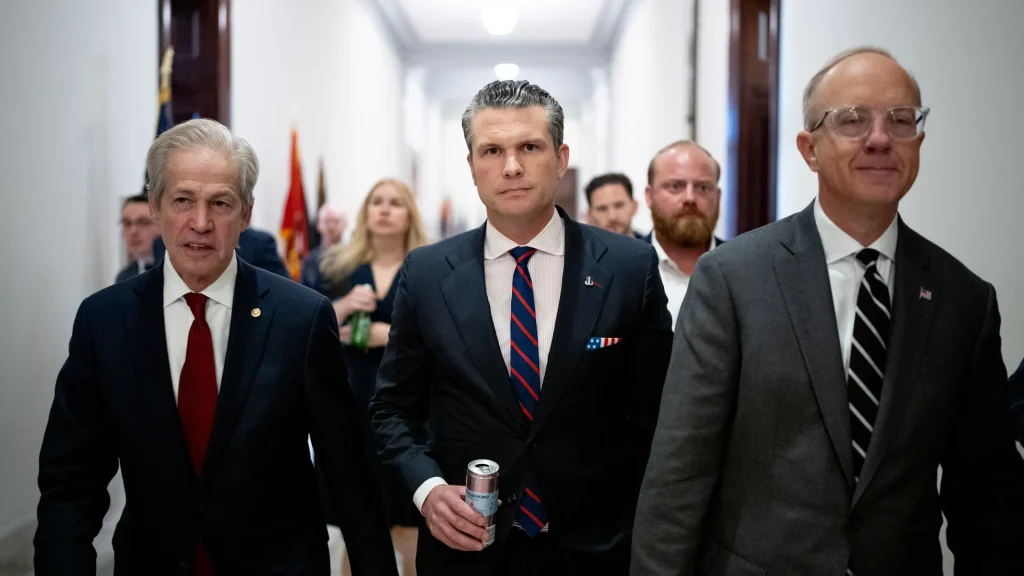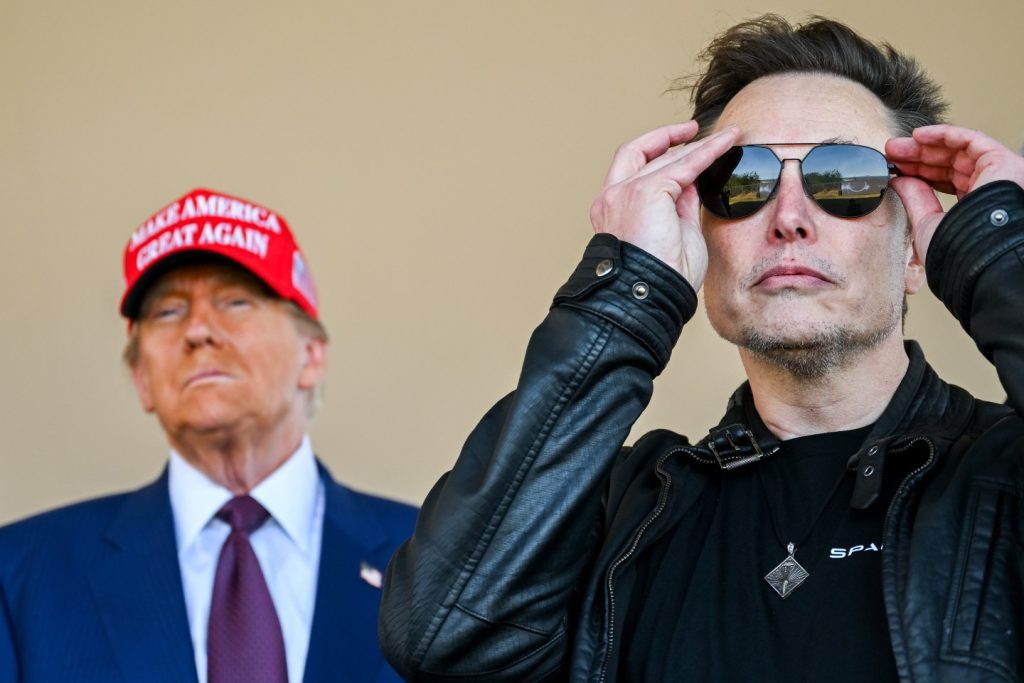Battle Over Trump’s Treasury Secretary Nominee Intensifies as Musk Intervenes
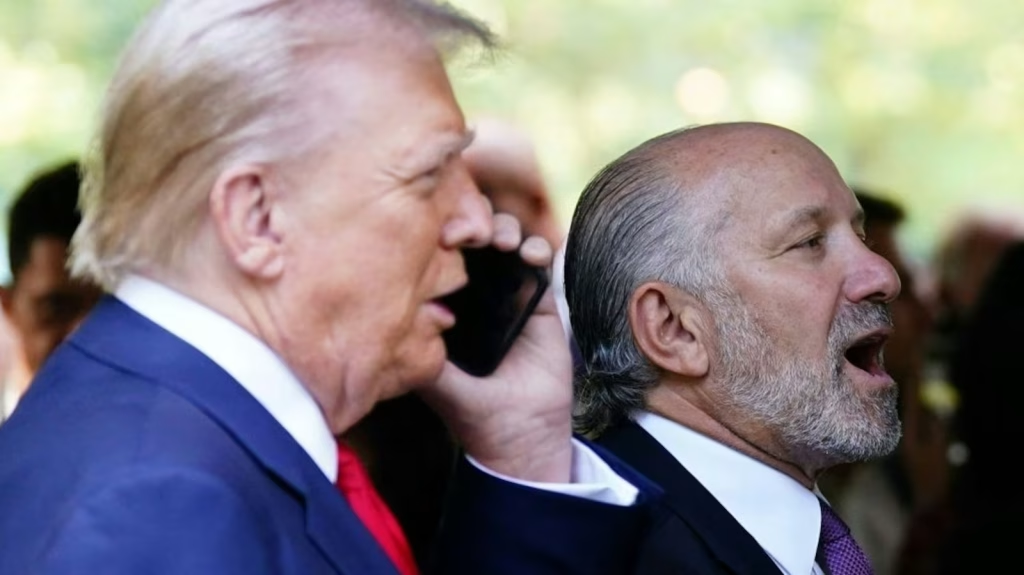
The battle over who will become former President Donald Trump’s Treasury Secretary if he is re-elected has taken a messy turn, with high-profile figures, including billionaire Elon Musk, weighing in on the decision.
As Trump prepares for another run at the White House in 2024, the internal debate over his cabinet picks, particularly for key positions like Treasury Secretary, is intensifying.
Musk’s recent comments and actions have added a new layer of complexity to an already contentious decision-making process, raising questions about influence, loyalty, and the direction of Trump’s potential second term.
Musk, the CEO of Tesla and SpaceX, has long been an influential figure in political circles, particularly among conservatives and libertarians. He has played a pivotal role in shaping public discourse, often through his influential Twitter account, which he now controls.
Musk’s involvement in Trump’s potential cabinet selection has not gone unnoticed, with many political observers speculating about his motivations and the ramifications of his influence.
The Treasury Secretary position is one of the most important roles in any administration, overseeing the country’s fiscal policy, managing public debt, and advising the president on economic matters.
As such, the selection of a Treasury Secretary carries significant weight not only within the U.S. government but also on the global stage, where financial markets, foreign governments, and international organizations all look closely at who is appointed to the post.
Trump’s potential nominees for the Treasury Secretary role have been the subject of much speculation, with several names reportedly under consideration.
However, the process has been complicated by Musk’s open support for one particular candidate and his vocal criticisms of others.
Musk’s endorsement of Peter Navarro, a former White House trade advisor under Trump, has raised eyebrows due to Navarro’s controversial views and unorthodox political stances.
Navarro is known for his hardline positions on trade and economics, particularly regarding China, and his public persona has been marked by his combative approach to policy debates.
Musk’s involvement in the decision-making process has been seen by some as a signal that Trump’s second term could take a more populist and economically aggressive turn, especially in China and global trade.
Navarro’s views on economic protectionism, particularly his opposition to trade deals with China and his focus on reshoring American manufacturing, align with Musk’s views on these issues.
Musk, who has been outspoken about the need for America to become more self-sufficient and to challenge China’s growing economic influence, appears to see Navarro as an ally who would push for policies that align with his business interests and broader political vision.
However, Musk’s backing of Navarro has also caused tensions within Trump’s circle, particularly among those who advocate for a more traditional approach to fiscal policy.
Critics of Navarro, including some of Trump’s closest advisers, argue that his hardline stance on trade and economics could alienate international allies, destabilize global markets, and hinder efforts to address the country’s long-term fiscal challenges.
They also point to Navarro’s controversial role in promoting the idea that China played a central role in the global spread of COVID-19, which has led to strained diplomatic relations between the U.S. and China.
Musk’s involvement in the Treasury Secretary debate has sparked a broader conversation about the role of billionaires in shaping political outcomes. As one of the wealthiest individuals in the world, Musk has significant financial and political influence.
His support for certain candidates and his ability to sway public opinion through social media and other platforms make him a powerful force in the Republican Party’s decision-making process.
However, critics argue that Musk’s influence could undermine the democratic process, giving unelected individuals undue sway over important government decisions.
While Musk’s role in the Treasury Secretary debate is the most high-profile example of his involvement in Trump’s administration, it is part of a larger trend of business leaders and wealthy donors playing an outsized role in shaping U.S. politics.
In recent years, figures like Musk, Amazon’s Jeff Bezos, and venture capitalist Peter Thiel have increasingly become involved in political decision-making, using their wealth and platforms to push for specific policies and candidates.
The situation surrounding Trump’s Treasury Secretary selection underscores the deep divisions within the Republican Party over economic policy and the direction the party should take in the years ahead. On one side, some advocate for free-market policies, international trade, and fiscal conservatism.
On the other side are populist voices like Musk and Navarro, who argue that the U.S. must take a more aggressive stance in its economic relationships, particularly with China, and that the country’s economic policies should prioritize American workers and businesses.
As Trump moves closer to launching his campaign for the 2024 election, the battle over his cabinet picks is likely to heat up. The influence of figures like Musk will continue to be a major factor in shaping the administration’s policies and priorities.
Whether Musk’s involvement ultimately helps Trump secure the presidency again or creates further divisions within the Republican Party remains to be seen.
However, what is clear is that the fight over the Treasury Secretary role is emblematic of the broader tensions and ideological battles that will define the next phase of American politics.


